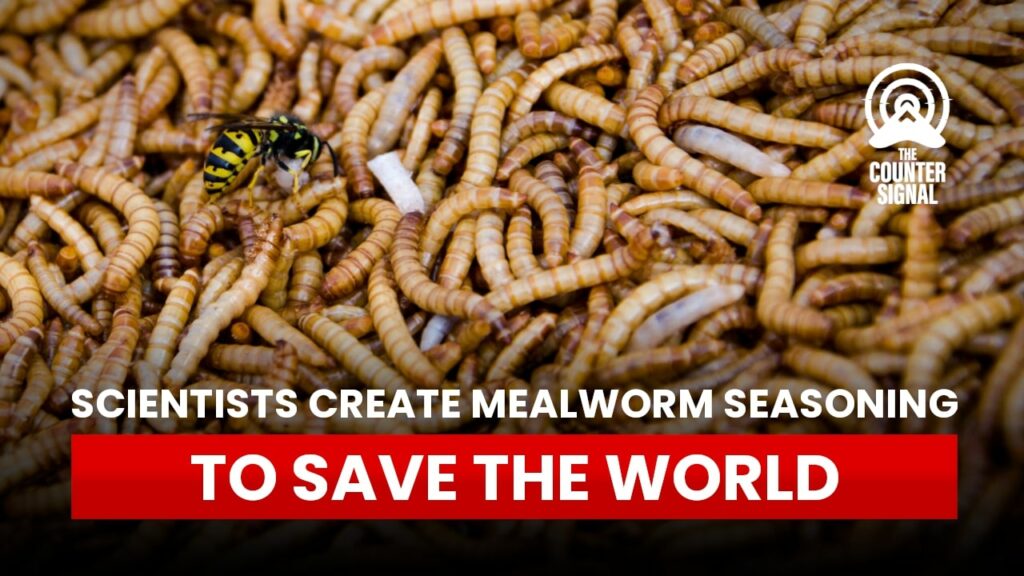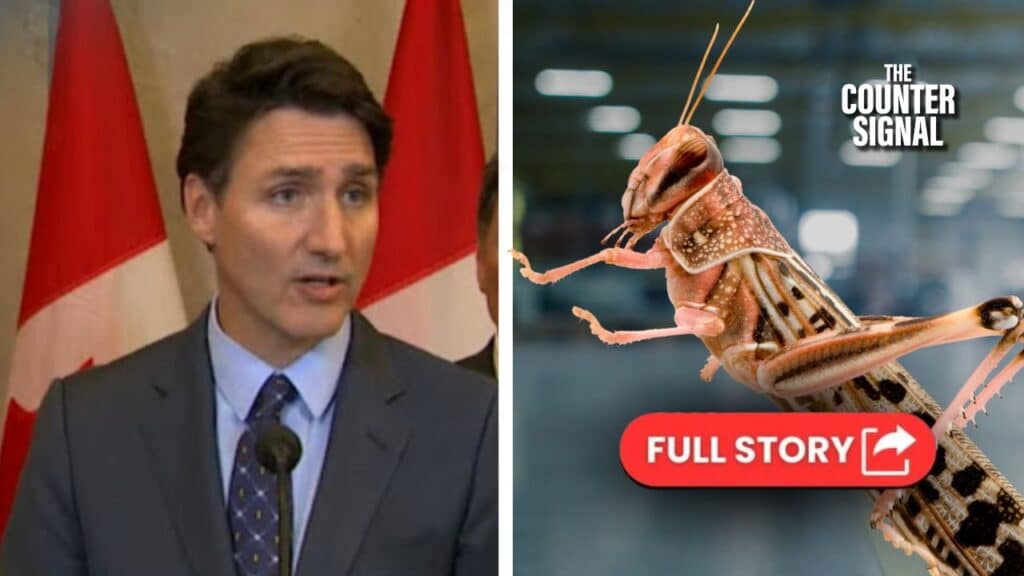Scientists have figured out a way to take on overpopulation and climate change by creating a food seasoning made of mealworm.

“The global food market continues to grow, but it is still necessary to explore new food materials and/or develop new food products because food resources are gradually being depleted,” says researcher Hee Cho.
Cho says the bug spice was created in response to “a growing global population and the looming climate crisis.”
Even if eating bugs isn’t your thing, Cho and her fellow researchers may have found a way to keep things out of sight and out of mind. Indeed, the mealworm seasoning looks just like any other one that isn’t made up of roaches and garbage maggots and could be the next step in addressing most people’s pesky meat preference.
“Edible insects are superfoods,” says Cho, adding that “Many consumers do not like their [mealworms] physical appearance. So most insects have been used in crushed or powdered forms as food additives.”
Furthermore, Cho and her team discovered that the best way to trick someone into thinking they’re eating meat is to heat up the bug spice and mix it with sugar. Will you gain weight? Maybe. Diabetes? Can’t say. But these are small sacrifices required to save the world.
The time is nigh for bug-eating, folks. And children in the UK are already one step ahead of the curve, as they’re about to start eating bugs at school in a series of sustainable food workshops. Afterwards, at home, these little sustainability legends will teach their savage parents what real heroism looks like.
Across the pond, Canadians may already be eating bugs without knowing it. For example, Entomo Farms, a company based in Canada, sells junk food made from crickets in stores across the country under their “Actually Foods” brand.
And Canada just became home to the world’s largest cricket factory, where almost 10,000 metric tons of crickets will be produced annually for you and your dog to eat.
“A growing population and increasing demand for food and material requires sustainable, scalable solutions,” says CEO Mohammed Ashour.
Who’s hungry?











